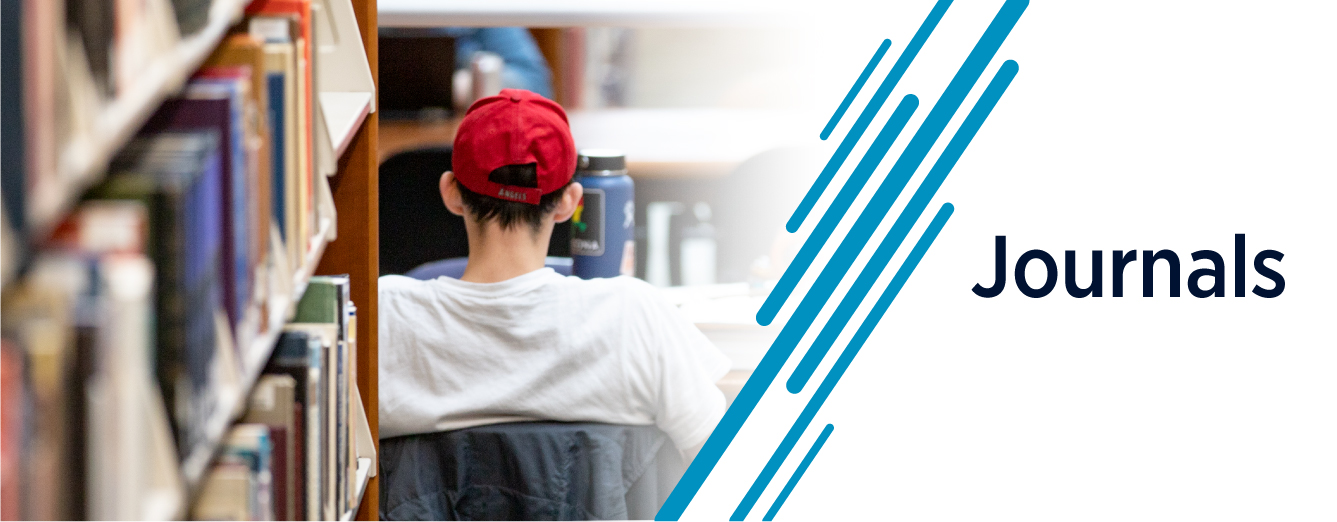Document Type
Article
Journal/Book Title/Conference
Decimonónica
Volume
19
Issue
2
Publisher
Decimonónica
Publication Date
2022
First Page
69
Last Page
85
Abstract
In April of 1842, Domingo Faustino Sarmiento was a relatively well-known journalist who had arrived in Santiago de Chile less than two years before, by the end of 1840; he wrote for different periodicals, but his most frequent participation was in El Mercurio. Published in Valparaíso, this was the only permanent daily newspaper in Chile, which granted a wide readership that gradually started to notice him, up to the point that he would become its first stable writer and the editor-in-chief (Martínez Gramuglia et al. 266-70). Even though he did not sign most of his contributions, by 1842 El Mercurio was regarded as “Sarmiento’s journal,” in which debates fostered common good and civilization.1 During the same years, Andrés Bello was living his “década triunfal,” as Iván Jaksić calls it in a fundamental study: the stellar man of letters in Santiago de Chile, he was both a well-reputed scholar, respected in many fields (Literature and Grammar, Law, Education, History), and a government official, a senator on whom the minister of Justice and Education, Manuel Mont, had delegated the creation of the Universidad de Chile (Andrés Bello 155-63), and who would later act as its first president. He was also editor-in-chief of El Araucano, a newspaper published by the government, and, at the same time he was writing, almost single-handedly, the first Chilean Civil Code.2 Even his age (he was already into his sixties), and his long experience in London, where he had lived from 1810 to 1829, gave him an aura of distinct wisdom in the South American intellectual milieu.
Recommended Citation
Martínez Gramuglia, Pablo, "The “Polémica de la lengua” of 1842: a “Liberal” Philology?" (2022). Decimonónica. Paper 112.
https://digitalcommons.usu.edu/decimononica/112


